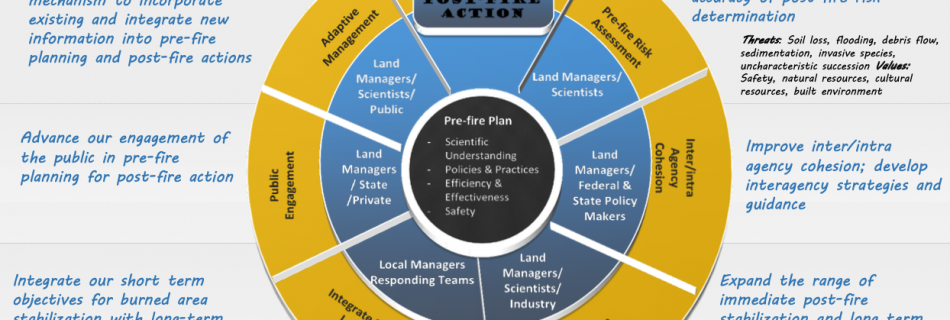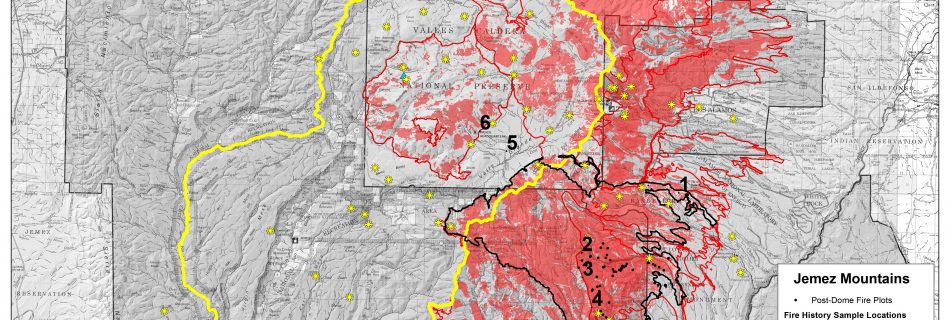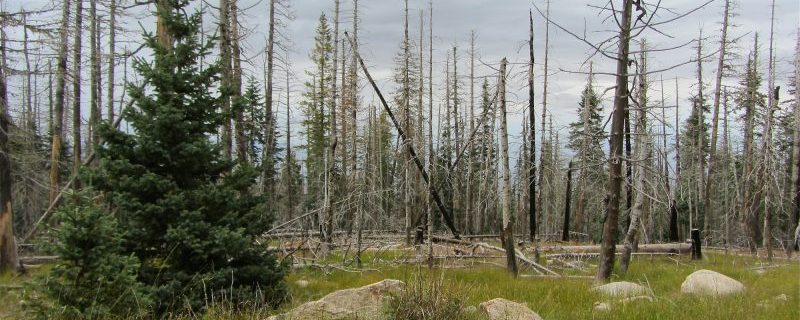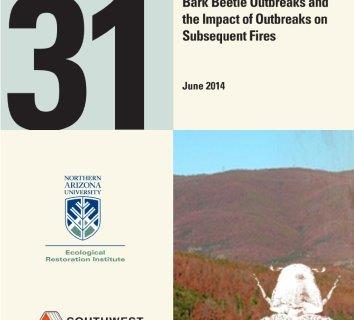May 12, 2015: The Southwest Fire Season: 2014 Overview and 2015 Outlook
Presenter: Zander Evans, Forest Guild and Chuck Maxwell, Predictive Services Please join us for a webinar to review last year’s fires and look ahead toward conditions for this year. Dr. Zander Evans will present an overview of the 12 largest fires in the Southwest during 2014. He will share summaries of forest types and burn severities …
Read more “May 12, 2015: The Southwest Fire Season: 2014 Overview and 2015 Outlook”
